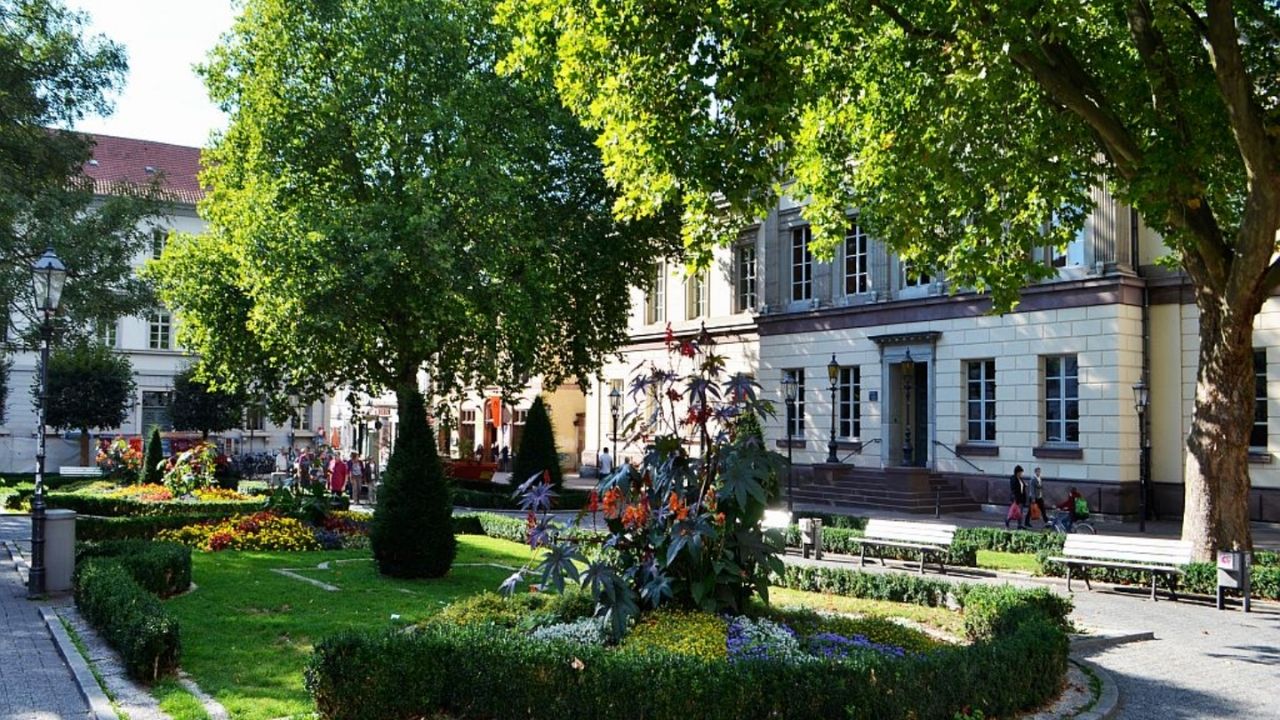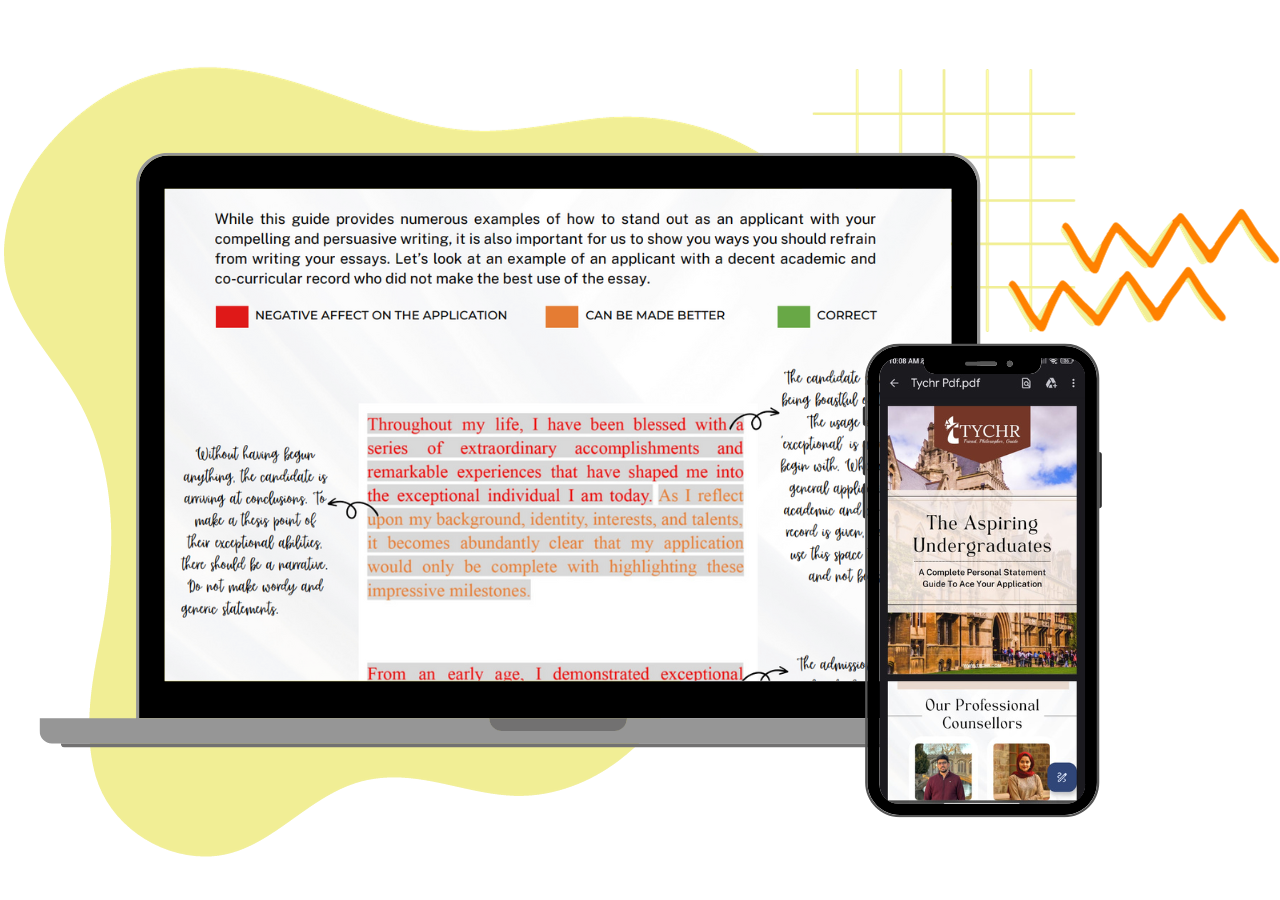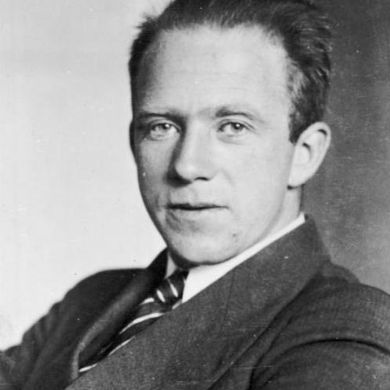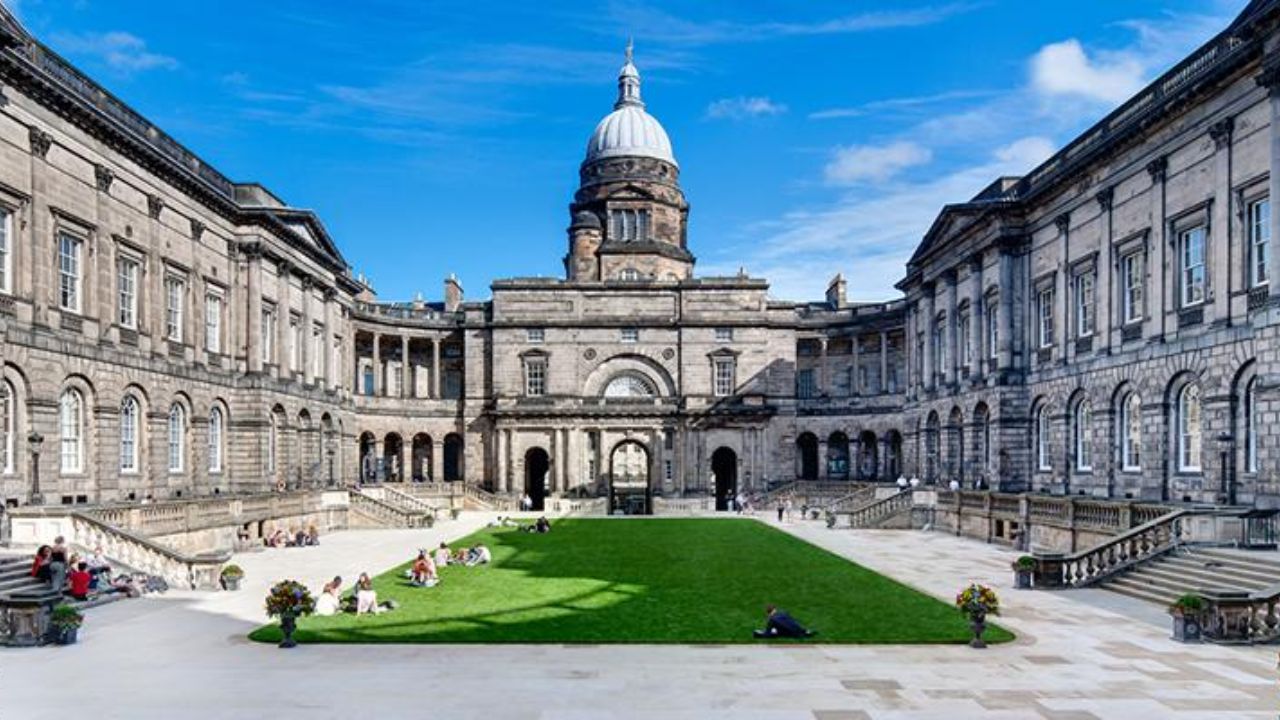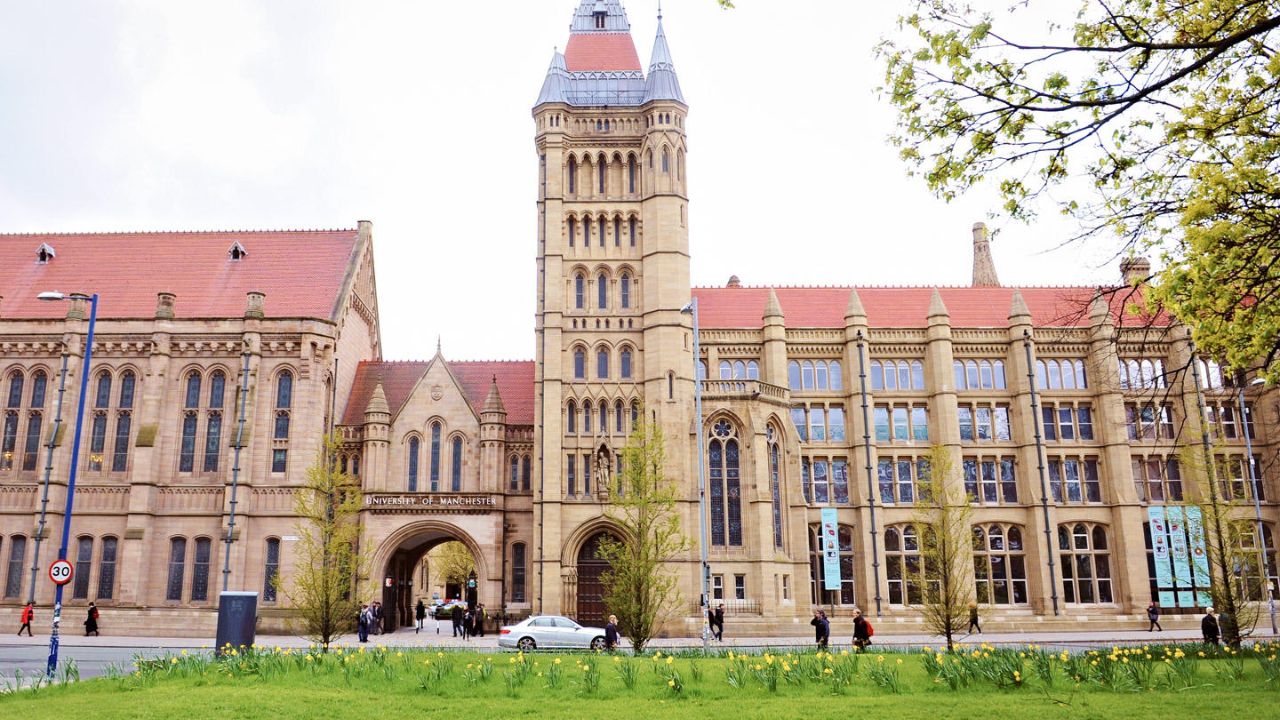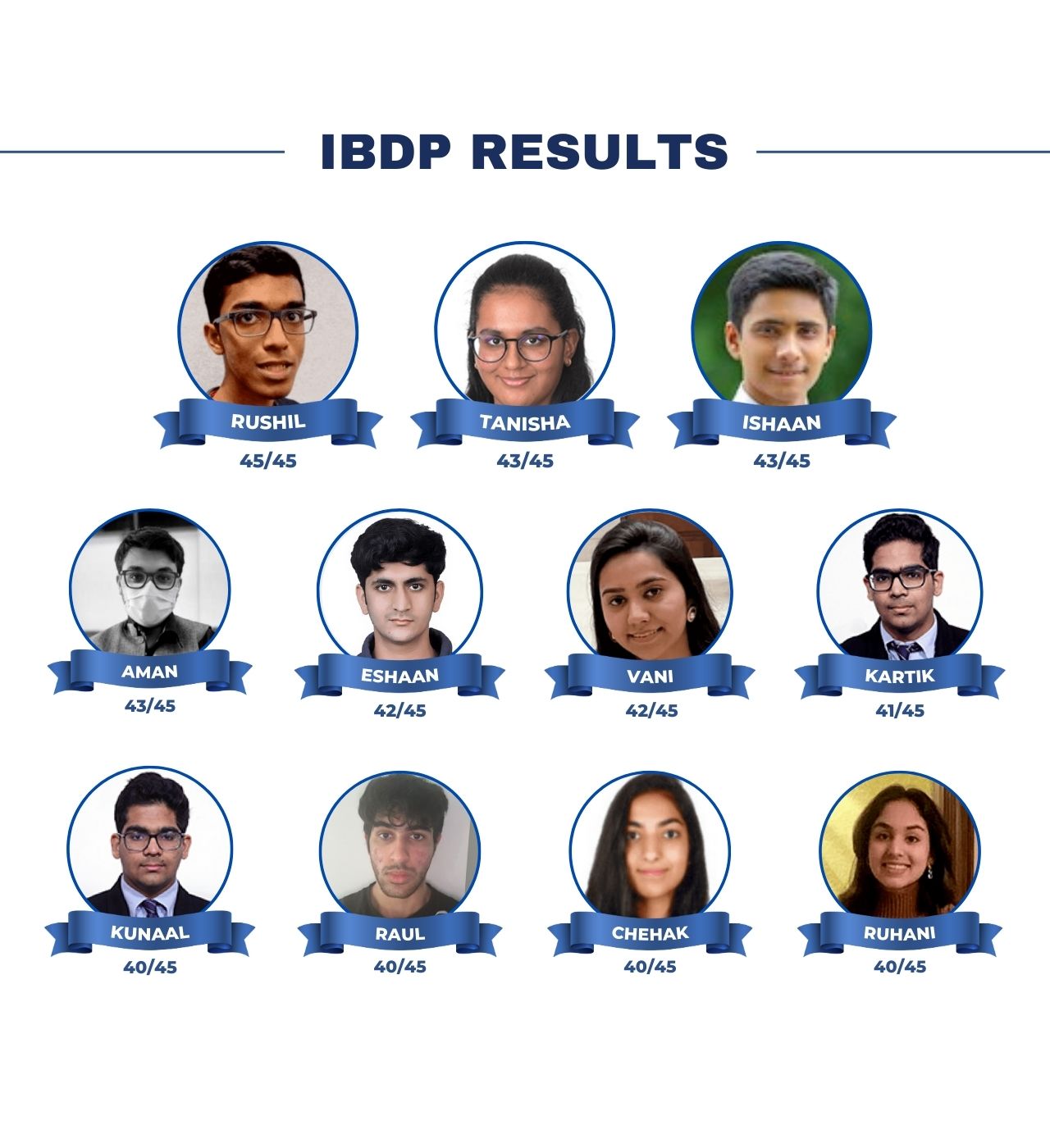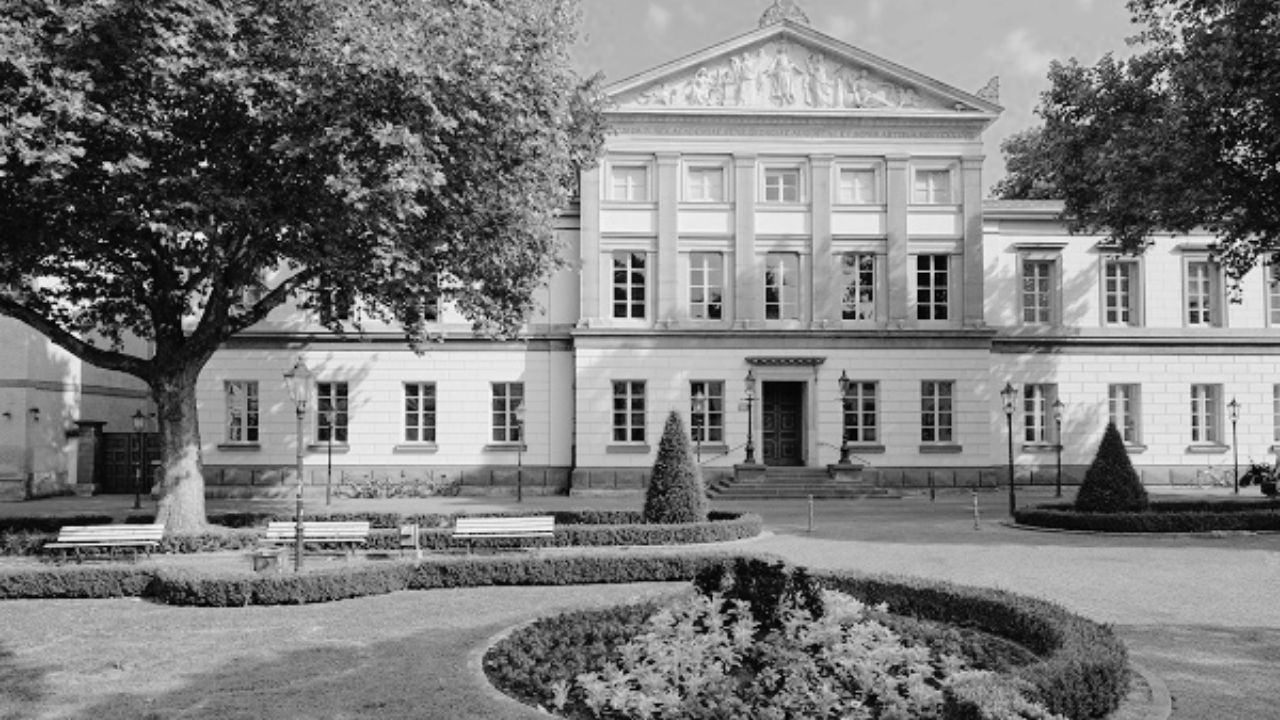
A brief history
The University of Göttingen was founded in 1737 by George II, King of Great Britain and Elector of Hanover, and started classes in 1737. The Georg-August-Universität was conceived to promote the critical spirit of the Enlightenment. The Göttingen Academy of Sciences which was founded in 1751 played a decisive role in the rise of Göttingen to a scientific center of European importance. The Göttingen Seven are considered as pavers of the way to civil society in Germany. Post-World War II, Göttingen was a pioneering force, being the first German university to recommence teaching, growing into one of the nation’s largest higher education institutions.

